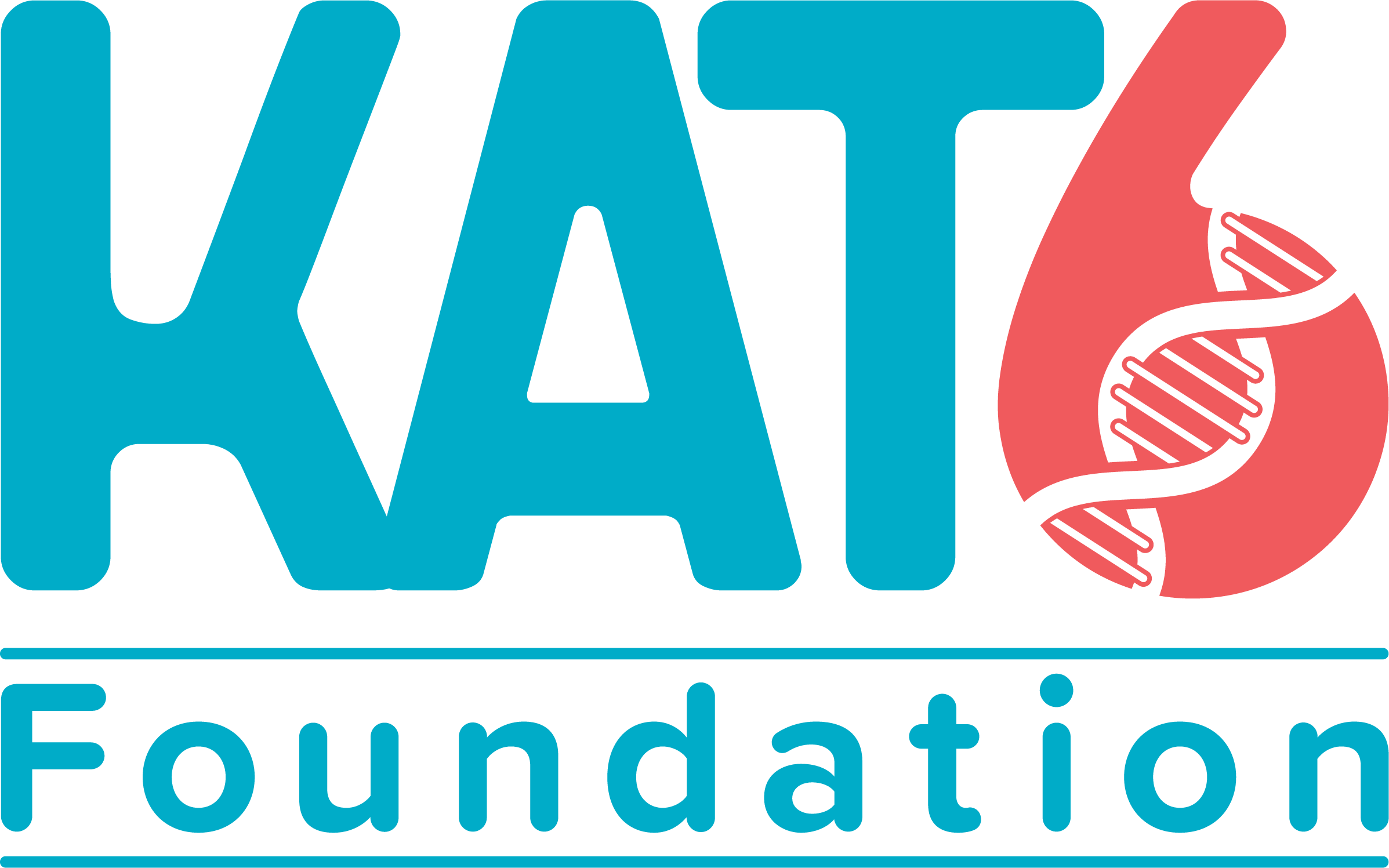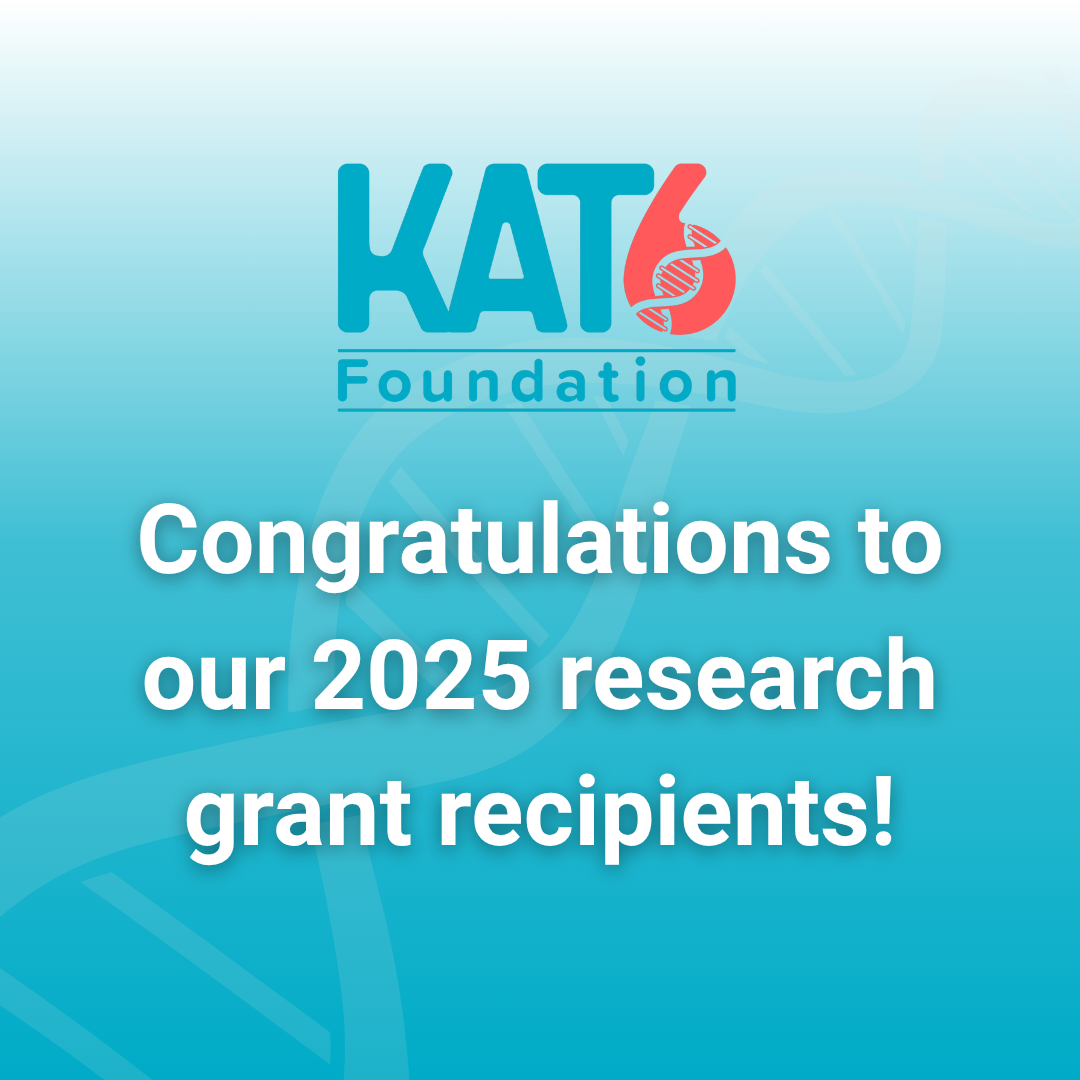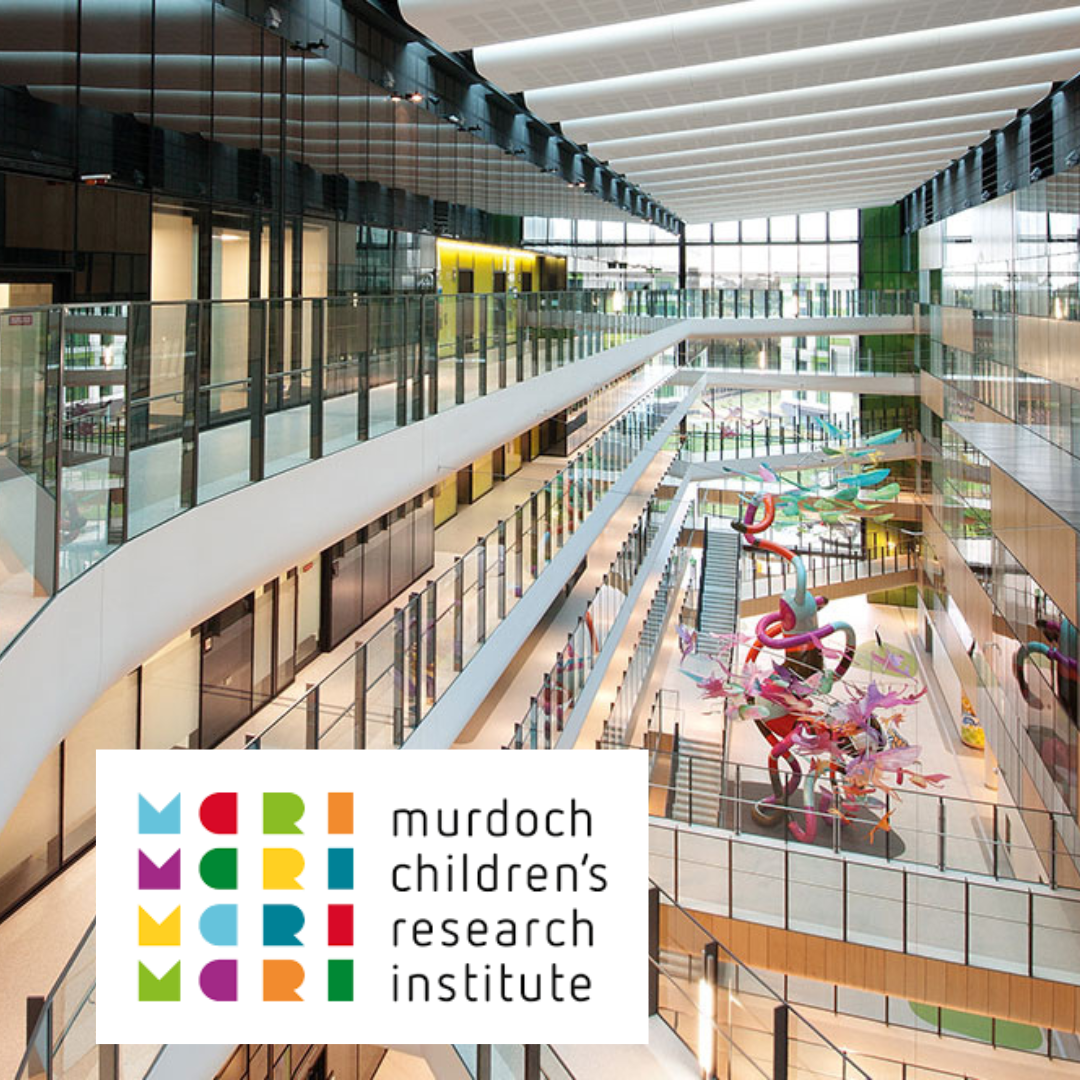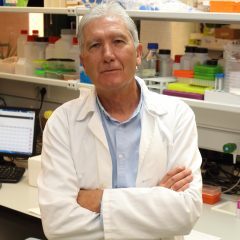
DR. JOSÉ ANTONIO SÁNCHEZ ALCÁZAR
Researcher, Universidad Pablo De Olavide, Sevilla, SPAIN
Dr. Sánchez Alcázar’s lab has four lines of investigation: i) Role and modulation of autophagy and mitophagy in Mitochondrial disease physiopathology; ii) Apoptosis; iii) Lysosomal diseases; and iv) Molecular characterization of Neurodegeneration Brain Iron Accumulation (NBIA). Dr. Sánchez-Alcázar and his team led the Brain Cure project launched in 2014. Through this project, his team applies the concept of personalized medicine to develop treatment programs for rare genetic disorders.

DR. VALERIE A. ARBOLEDA
Assistant Professor, Pathology and Laboratory Medicine, University of California Los Angeles, Calififornia, USA
Dr. Arboleda is a physician and scientist trained in human genetics, genomics and clinical pathology. The overarching research goals in her lab is to integrate large-scale data sets to improve our biological understanding and clinical treatment of human disease. Dr. Arboleda says “In no other time in human history, we have such rich biological and clinical data, the bioinformatics tools to explore these relationships on a large scale, and the molecular genetic tools to rapidly, experimentally validate findings in model systems.”
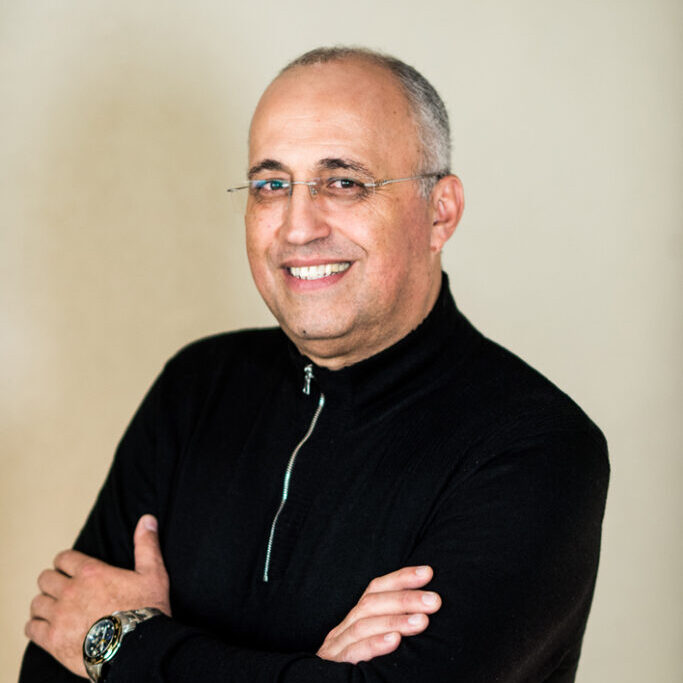
DR. YEHUDA G. ASSARAF
Professor of Cancer Research, Technion Institute of Technology, Haifa, ISRAEL
Dr. Yehuda G. Assaraf has special expertise in the molecular basis of anticancer drug resistance and novel strategies to overcome multidrug resistance phenomena. Professor Assaraf was the Dean of the Faculty of Biology at the Technion Institute in Israel from 2012 to 2019. He is currently serving as the Head of the Fred Wyszkowski Cancer Research Lab. Since 2017, Dr. Assaraf has been conducting multiplex analysis of the KAT6A mutation in children, including analysis of transcriptomics, interactomics, proteomics, and metabolomics in dermal fibroblasts and lymphocytes. In collaboration with the KAT6 Foundation, he is launching a metabolomics analysis on dermal fibroblasts from multiple patients harboring KAT6 mutations.

DR. PHILIPPE CAMPEAU
Medical Geneticist at CHU Sainte-Justine Research Center, Montreal Assistant Clinical Professor, Department of Pediatrics, Université de Montreal, CANADA
Dr. Campeau and his team used exome sequencing to discover that a variant in the KAT6B gene causes genitopatellar syndrome (GPS), a finding published in 2012. Today, his lab focuses on epilepsy, epigenetic, and skeletal diseases, identifying disease-causing genes, understanding disease mechanisms, and improving care for affected children. Their work has uncovered genetic causes for several conditions, including GPS (KAT6B), a form of osteopetrosis (SLC29A3), osteogenesis imperfecta and early-onset osteoporosis (WNT1), Yunis-Varon syndrome (FIG4), and DOORS syndrome (TBC1D24). They are currently using murine models to further explore the functions of these genes.
Dr. Campeau is seeking to analyze the neurodevelopmental profile of individuals affected by KAT6B mutations. So far,15 families have participated in this study and the findings were summarized during the 2021 KAT6A/KAT6B Virtual Symposium.To be able to do genotype-phenotype analyses and compare the results to other conditions, Campeau needs more participants. Please consider filling in the questionnaires at https://redcap3.urca.ca/surveys/?s=88MANYP8FL and pass the word to other families in the KAT6B community.
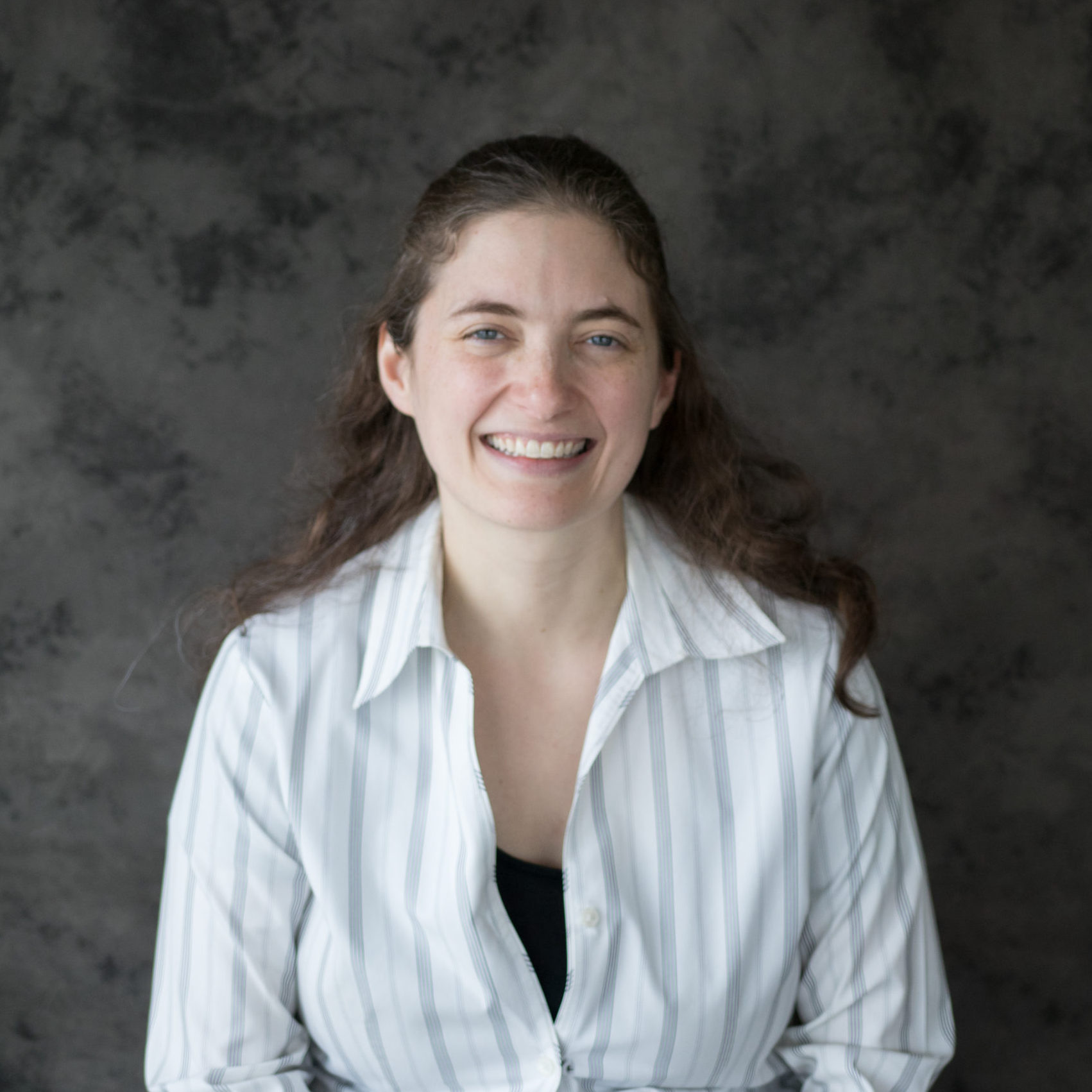
DR. JACQUELINE HARRIS
Assistant Professor, Neurology, Pediatrics and Genetics, Kennedy Krieger Institute, Johns Hopkins University School of Medicine, Baltimore, Maryland, USA
Dr. Harris specializes in patients with genetic and epigenetic disorders with neurologic
and cognitive manifestations including Kabuki syndrome, Rubinstein-Taybi syndrome, Wiedemann-Steiner syndrome, Angelman syndrome, Kleefstra syndrome, Sotos syndrome, and KAT6A syndrome. Dr. Harris is interested in genetic and epigenetic causes of neurodevelopmental disorders – particularly intellectual disability – and how specific genetic and epigenetic changes lead to specific neuroanatomic, neurophysiologic and cognitive phenotypes. She is also interested in developing specific cognitive profiles in genetic syndromes as potential outcome measures for trials and to help localize deficits.
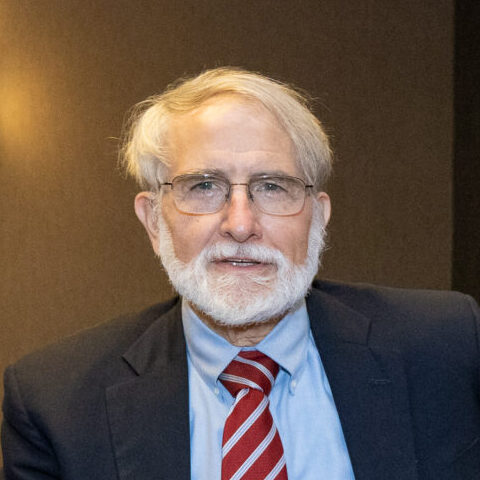
DR. RICHARD I KELLY
Pediatrician and Biochemical Geneticist, Central Pennsylvania Clinic, USA
Dr. Kelly is the former director of Kennedy Krieger Institute’s Clinical Mass Spectrometry Laboratory. He is also a professor of pediatrics at Johns Hopkins University. Dr. Kelley’s research has focused on the elucidation of the biochemical basis of genetic disorders. Through the application of various techniques of biochemical analysis but especially mass spectrometry, Dr. Kelley has discovered the biochemical cause, and thereby the genetic etiology, of more than a dozen different diseases.
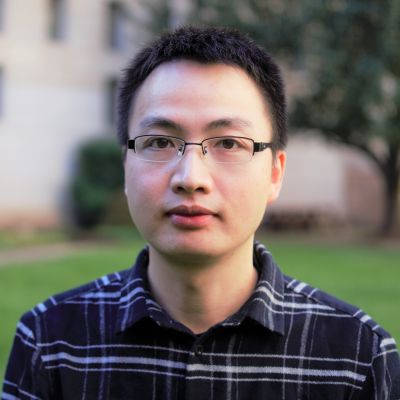
DR. YONGQING LIU
Researcher, Johns Hopkins University School of Medicine, Baltimore, Maryland, USA
Dr. Liu is a postdoctoral fellow in the Department of Physiology at Johns Hopkins School of Medicine and is a member of the Qiu Lab. His research focuses on understanding the role of epigenetic factors in the brain. In 2024, Dr. Liu and Dr. Qiu with their team discovered that KAT6A plays a key role in supporting brain connections in the hippocampal CA3 region, which is essential for memory. They found that KAT6A regulates a gene called Rspo2, which activates signals needed for learning and memory. By restoring Rspo2, they were able to improve memory and brain function in mice with KAT6A mutations, suggesting a promising pathway for treating KAT6A syndrome. With support from the KAT6 Foundation, Dr. Liu will continue expanding his research on KAT6A syndrome in the brain through 2024-2025.
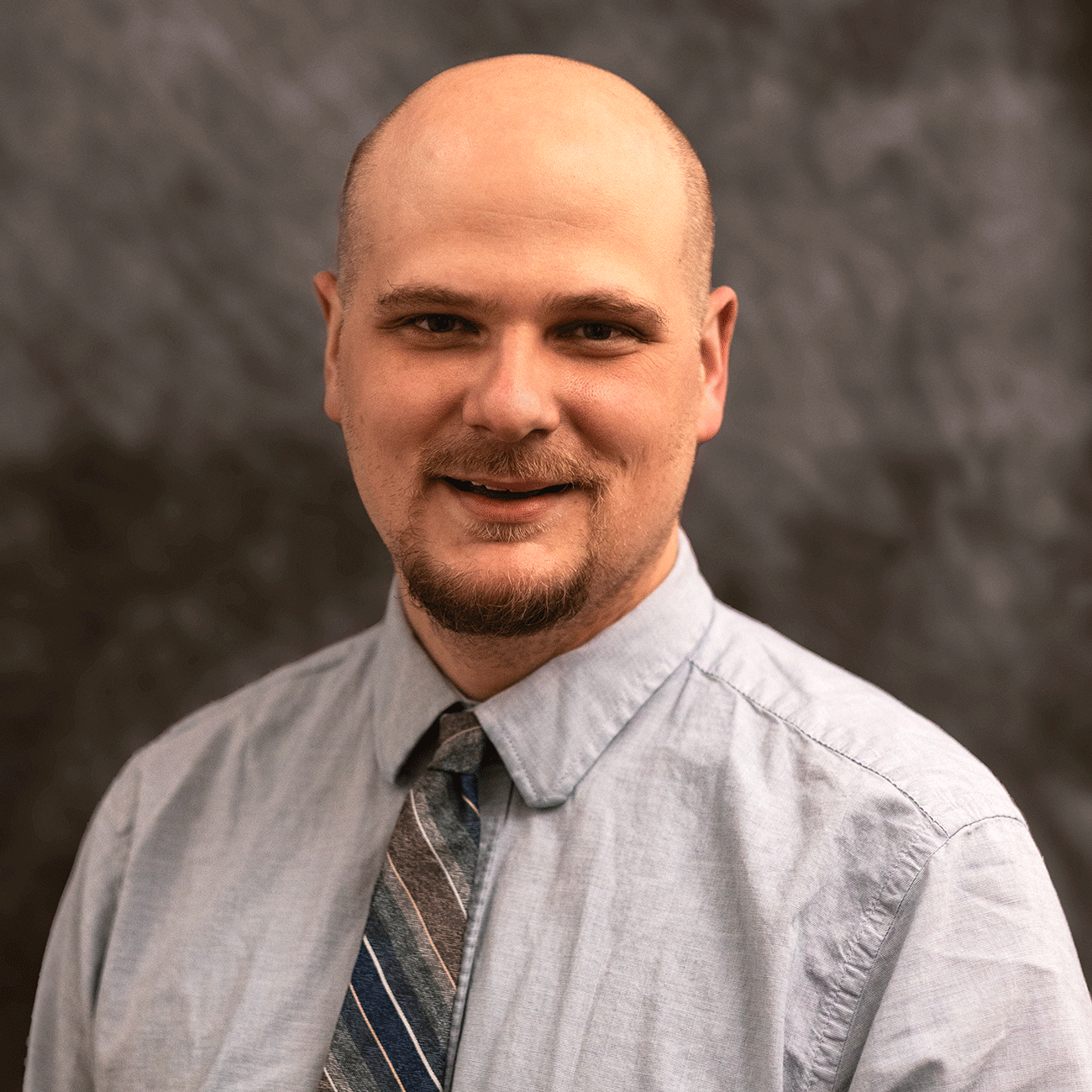
DR. PAUL MARCOGLIESE
Assistant Professor, Max Rady College of Medicine, Biochemistry and Medical Genetics Research Scientist, Children’s Hospital Research Institute of Manitoba, CANADA
Dr. Marcogliese’s research focuses on unraveling the molecular and cellular mechanisms underlying neurological diseases. Using *Drosophila melanogaster*
(fruit flies) as a model organism, his team investigates the effects of patient-derived genetic variants in vivo. By rapidly generating *Drosophila* with strong loss-offunction mutations, they create an effective platform for detailed phenotypic analysis, exploring biological mechanisms, and testing potential drug therapies. Recently, Dr. Marcogliese’s research has centered on developing mutant fruit fly models to study variants in the KAT6A and KAT6B genes. This work aims to understand the roles of these genes in fly development and adult brain function, while also screening drugs that may reverse the phenotypic defects caused by these mutations.

DR. ROWENA NG
Assistant Professor, Psychiatry and Behavioral Sciences, Johns Hopkins University School of Medicine, Baltimore, Maryland, USA
Dr. Ng is a pediatric neurologist in the Department of Neuropsychology at the Kennedy Krieger Institute and an assistant professor of Psychiatry and Behavioral Sciences at Johns Hopkins University School of Medicine, USA. Her research focuses on social-affective and cognitive development associated with genetic and neurological disorders, as well as on identifying risk and resilience factors in adolescents with complex medical conditions transitioning from pediatric to adult medical care. In collaboration with Dr. Harris, Dr. Ng is studying the neuropsychological profile of children with KAT6A and KAT6B gene variations, beginning as early as 6 months of age.
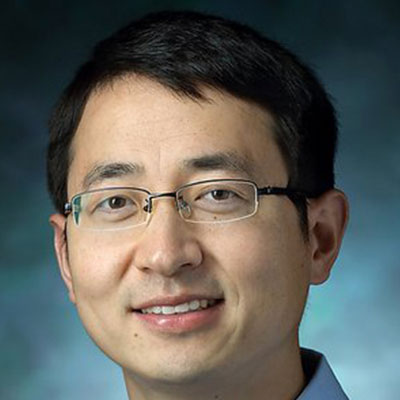
DR. ZHAOZHU QIU
Assistant Professor, Physiology and Neuroscience, Johns Hopkins University School of Medicine, Baltimore, Maryland, USA
Dr. Qiu is an assistant professor in the Departments of Physiology and Neuroscience and the principal investigator for the Qiu Lab at the Johns Hopkins University School of Medicine. His research focuses on an important class of cell-membrane embedded proteins, called ion channels, which are essential gatekeepers that control the flow of ions and molecules in and out of cells. His lab discovered a long-sought protein, the proton-activated chloride channel (PAC), that could protect against the tissue-damaging effects of stroke, heart attack, cancer and inflammation and could provide a new drug target for potential therapies for stroke and other diseases.
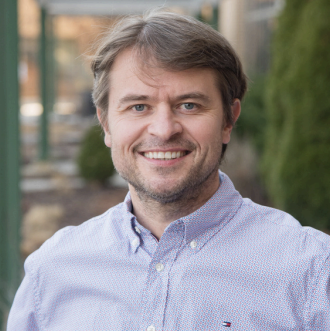
DR. BEKIM SADIKOVIC
Professor and Program Head, Molecular Diagnostics Program, Department of Pathology and Laboratory Medicine Schulich School of Medicine & Dentistry, Toronto, CANADA
Dr. Sadikovic’s research centers on clinical epigenomics, particularly the identification of DNA methylation patterns to characterize and study genetic conditions. DNA methylation, the addition of methyl groups to cytosine, plays an important role in regulating gene expression. This regulation is essential for precise protein production, which is central to normal cellular function. Imbalances in protein levels can disrupt normal cellular processes, contributing to disease. Sadikovic’s work has shown that genetic mutations in certain genes, such as KAT6A and KAT6B, lead to specific DNA methylation patterns, or episignatures. These condition-specific patterns have significant diagnostic utility. For example, if a patient has a genetic variant of unknown significance in the KAT6B gene, comparing the patient’s DNA methylation data to the KAT6B episignature can help determine the variant’s pathogenicity and confirm or refute a KAT6B related diagnosis. Dr. Sadikovic has commercialized his analysis pipeline called EpiSign, which covers 90 conditions. His recent publications have focused on demonstrating the clinical utility of EpiSign and identifying additional condition-specific patterns. Beyond diagnostics, his approach has the potential to offer insights into disease mechanisms by comparing methylation signatures and phenotypic features across different conditions.

DR. ANGIE SERRANO
Assistant Professor, Boston University School of Medicine, Vascular Biology, Boston, Massachusetts, USA
Dr. Serrano is the Science Advisor to the KAT6 Foundation. Dr. Serrano is a postdoctoral fellow in H. Joseph Yost Lab at the University of Utah. Presently, she is researching Kabuki Syndrome (KS) using a zebrafish genetic model and human iPSCs-derived brain organoids in order to understand the key biological processes that trigger cardiovascular and neurological defects in KS patients. Additionally, she is working with the KAT6 Foundation and collaborators to establish the first patient-derived induced Pluripotent Stem Cells (iPSCs) bank at Boston University. Dr. Serrano was recently awarded a 2020 Warren-Alpert Distinguished Scholar and is currently an advocate for bridging the gap between rare disease research, healthcare providers and patients.

DR. MIYA ST JOHN
Researcher, Translational Centre for Speech Disorders, Murdoch Children’s Research Institute, Melbourne, Victoria, AUSTRALIA
Dr. St John is a postdoctoral researcher and speech pathologist based at Murdoch Children’s Research Institute. She is also a subject coordinator and lecturer in speech pathology at the University of Melbourne. Her research focuses on the speech and language phenotype of individuals with chromatin-related disorders and she also helps to coordinate the Genetics of Stuttering study. Dr. St John has helped to explore the speech and language phenotypes of children with rare genetic conditions (e.g. KAT6A, KAT6B Koolen-de Vries syndrome, Klinefelter syndrome, NRXN1 deletions, etc). She has also collaborated with others to explore the links between hearing loss and speech sound disorder. Dr. St John is currently studying the communication profile of children with KAT6B gene variation and published an exemplary paper on the communication profile of children with KAT6A gene variation in 2022.
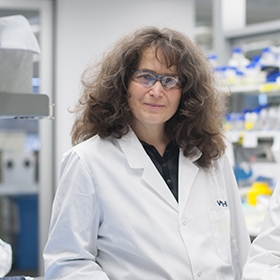
DR. ANNE K. VOSS
Joint-Division Head, Epigenetics and Development Division, Walter and Eliza Hall Institute of Medical Research, AUSTRALIA
Dr. Voss established her laboratory at the Walter and Eliza Hall Institute of Medical Research (WEHI) in Melbourne in 2000 after post-doctoral positions at Cornell University, USA and at the Max-Planck-Institute for Biophysical Chemistry, Germany. From 2012-2018 Dr. Voss was Head of the Development and Cancer Division, and since 2019 she is Joint-Head of the Epigenetics and Development Division at WEHI. In 2015, she received the Elizabeth Blackburn Fellowship (Biomedical Science) and in 2021 the Clunies Ross Award with Tim Thomas and Jonathan Baell for the commercialization of MYST histone acetyltransferase inhibitors for the treatment of cancer. Dr. Voss investigates the genetic regulation of embryonic development, adult stem cells and cancer with particular emphasis on transcriptional regulation through chromatin modifications in health and disease.
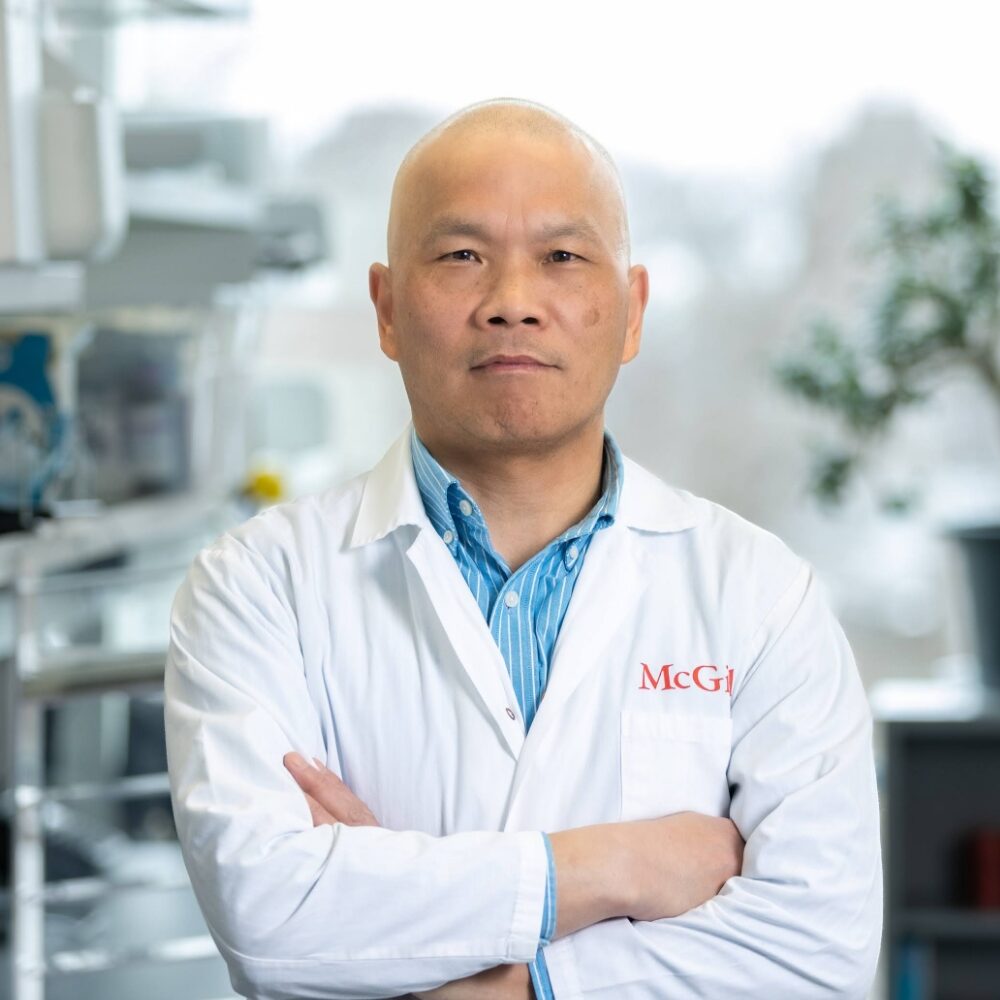
DR. XIANG-JIO YANG
Medical Geneticist at Rosalind and Morris Goodman Cancer Research Center, McGill University Professor at Department of Medicine, McGill University, Montreal, CANADA
Dr. Yang has been an independent investigator at McGill University since 1997 and a full professor since 2009. His research focuses on post-translational modifications, gene regulation, chromatin, cell signaling, and their roles in mouse development and human diseases. Dr. Yang’s team has extensively studied the critical role of histone and lysine acetyltransferases in brain development, particularly the BRPF protein, which is vital for forming key brain structures like the hippocampus, gyri, and sulci. Dr. Yang’s research aims to understand de novo mutations in the BRPF1 gene which are essential for improving molecular diagnosis and developing targeted treatments.
